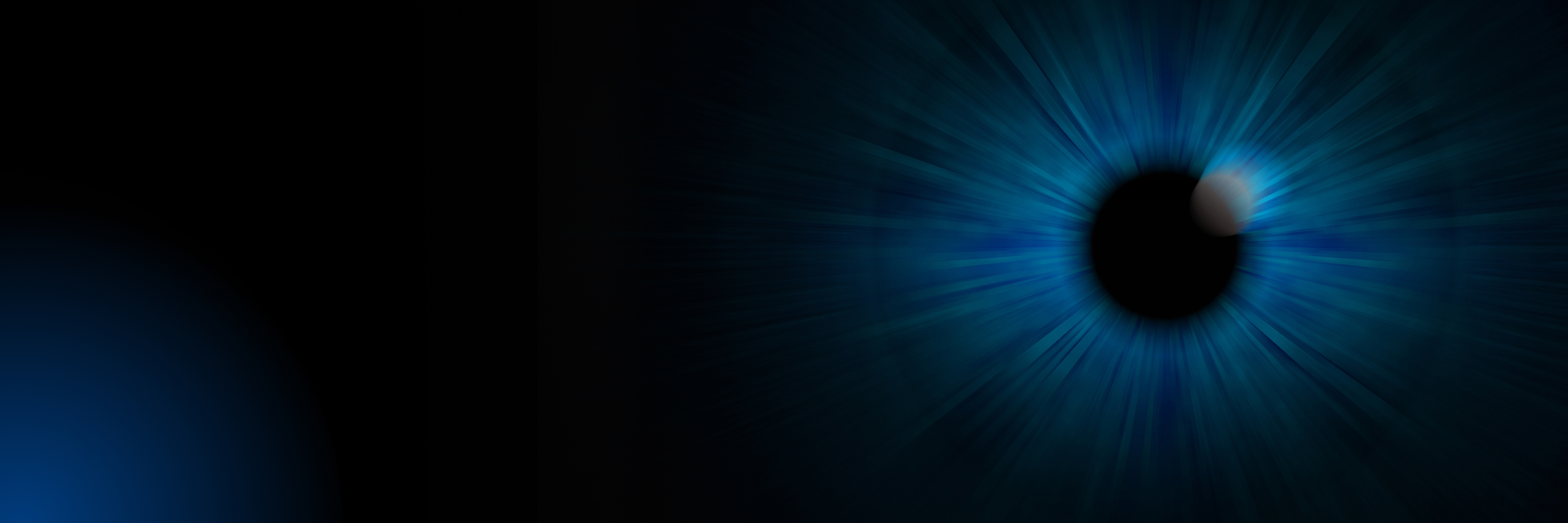Webinar
Beyond gaze: Understand cognitive load with eye tracking
From theory to application
- December 3, 2025
- Online
Speakers
Dr. Renato Orti
Postdoctoral fellow, Laboratory of Cognitive Science and Immersive Virtual Reality (University of Campania L. Vanvitelli)
Dr. Orti is a postdoctoral fellow at the Laboratory of Cognitive Science and Immersive Virtual Reality (University of Campania L. Vanvitelli). His research interests focus on the analysis of visuospatial memory processes, with particular attention to the processes of switching between body-centered (egocentric) and object-centered (allocentric) spatial representations. Dr. Orti mainly uses neurophysiological measurements such as fNIRS and pupillometry using virtual reality scenarios.
Dr. Benedikt Gollan
CSO SomaReality GmbH
Dr. Gollan is a cognitive informatics researcher. After obtaining a degree in Electrical Engineering at the TU Munich, he received his PhD from JKU Linz on “Sensor-based Online Assessment of Human Attention.” He led the “Pervasive Computing Applications” research studio at RSAFG, focusing on attention estimation, multimodal sensing, and implicit/explicit interaction. Since November 2023, he has been CSO at Somareality GmbH, responsible for developing digital eye tracking-based biomarkers.
Dr. Karl H Schneider
Priv.-Doz. Dipl.-Ing., Medical University of Vienna
Dr. Schneider is a researcher at the Medical University of Vienna specializing in tissue vascularization, biomaterials, and 3D bioprinting. His work spans decellularized human placenta collaboration and advances biomedical applications from regenerative medicine to surgical training.
Dr. Katrina Connell
Research Scientist, Tobii
With over 11 years of eye tracking experience, Katrina specializes in behavioral and attention-based experimental research. After obtaining her Ph.D. in linguistics in 2017 from the University of Kansas, Katrina has dedicated herself to partnering with researchers in academia and industry from around the world by sharing her expertise through eye-tracking trainings and supporting researchers using in all stages of their eye tracking research.
Sign up for the webinar
Fill out the form to save your spot at the webinar. If you can't make it to the live session, sign up anyway and we'll send you the recording.
